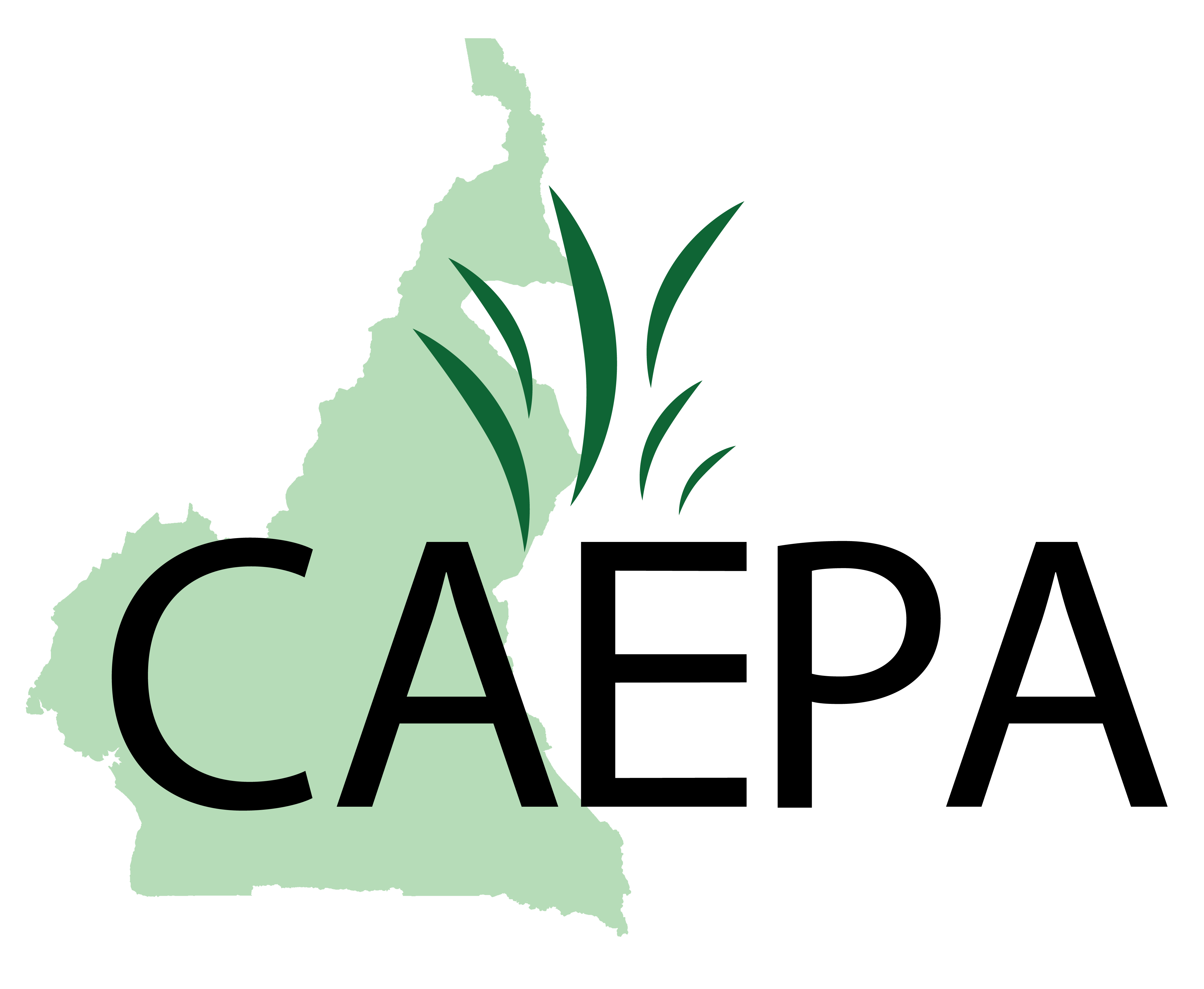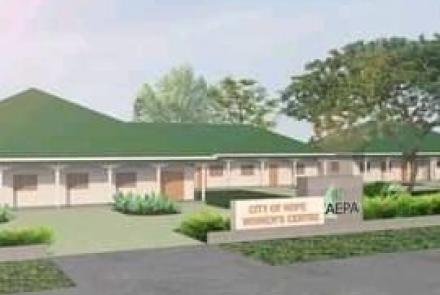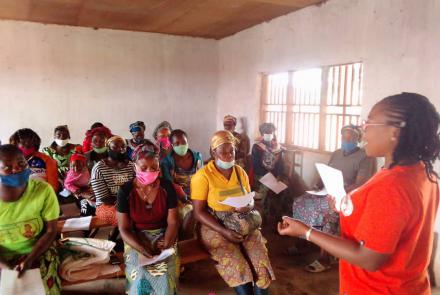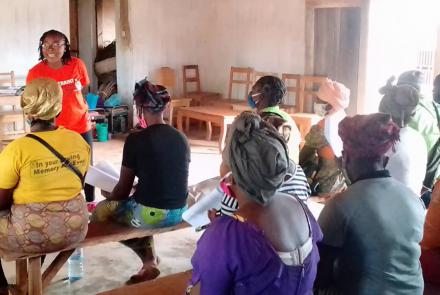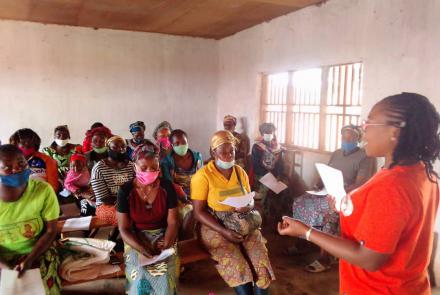Agriculture and livelihood
Sustainable and Resilient Economic Development
Smallholder farmers, particularly women-headed households, lack the funds needed for investing in improved technologies to increase their own agro-business output. Furthermore, they learn to cope with strategies to tackle new diseases, late rains or short harvesting periods in isolation. The collective knowledge and pooled resources of farmers will enable them to finance and purchase improved technology, such as tractors and crop harvesting and processing equipment. Farming and herding co-ops can also play a critical role in strengthening farmers’ capacities in seed multiplication, storage, and banking to improve fodder fields and food crop quality and resilience, thereby ensuring better food security following periods of environmental shock. They can also play a role in maintaining current tree nurseries, tree planting, and distribution, as well as increasing market access through shared storage and solar-powered cooling facilities, and shared crop and product transportation.
CAEPA has successfully developed farming cooperatives and plans to capitalize on this, however, the challenge of farmer-pastoralist conflict persists. To encourage collaboration rather than conflict, CAEPA seeks to develop not only herder-to-herder cooperatives but also farmer-to-herder asset-sharing cooperatives and market days where farmers and pastoralists can engage in and promote local trade.
Additionally, CAEPA will support microcredit schemes, including the on-going promotion and training of farmers and pastoralists in beekeeping, while also introducing biogas production and distribution. Beekeeping is an important aspect of flowering crop plant pollination, with honey providing a source of energy and a product that can be processed, packaged and sold, diversifying household income as a result.
Since CAEPA has successfully implemented beekeeping in the past, the goal now is to scale-up these efforts and integrate lessons learned in the re-design of these projects to increase the colonization rate and to improve pollination by rotating the apiaries. Apiary rotation among farms can generate income for beekeepers, in addition to proceeds from the processing and sale of honey.
Biogas production is a simple way to harvest a natural by-product of livestock-rearing and can provide a source of natural fertilization to be shared or sold to farmers to improve crop yields. It can also provide a source of energy in a region that is largely outside of the electrical grid.
CAEPA will also introduce goats into cattle-rearing transhumance pastoralist communities to diversify their production and consumption and increase their ability to cope with seasonal variability, poor grazing lands and high-water consumption in raising cattle. Goats provide food security, a capital asset that can be sold in times of crisis, and a profitable agricultural investment capable of providing milk and meat to increase the protein consumption of both pastoral and small-holder farming households.
